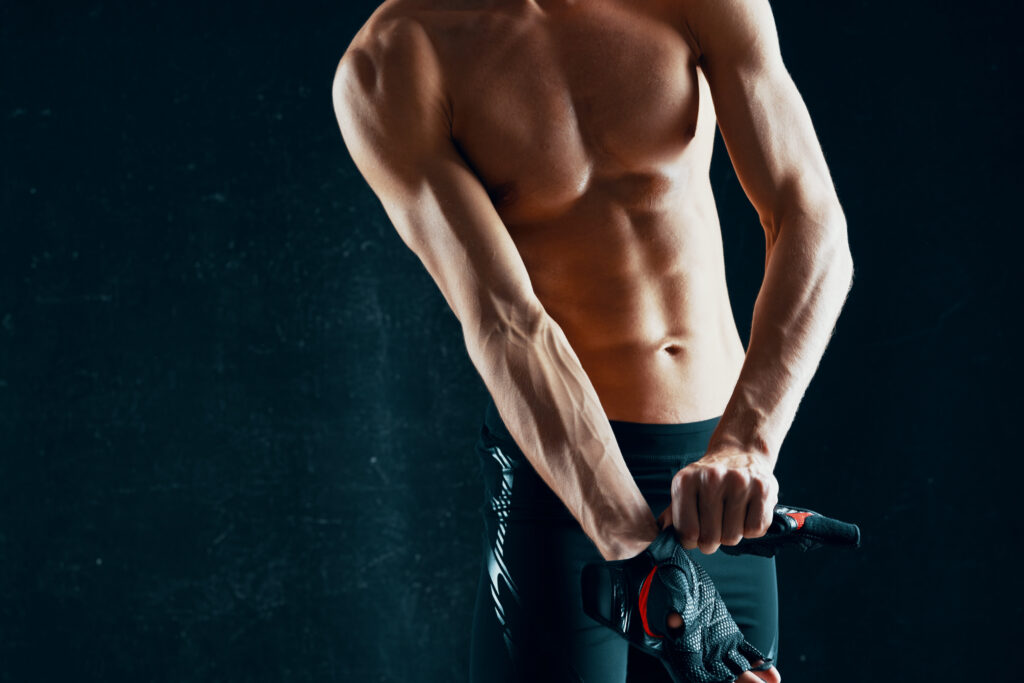Firstly, protein is vital for muscle growth and repair. As you engage in workouts that target the abdominal muscles, micro-tears occur in the muscle fibers. Protein provides the building blocks, known as amino acids, which help repair and rebuild these fibers, leading to muscle growth and development. In essence, consuming adequate protein supports the development of the abdominal muscles, which are essential for that six-pack appearance.
Secondly, protein has a higher thermic effect than fats or carbohydrates, which means your body burns more calories digesting protein compared to other macronutrients. This can help in achieving a calorie deficit, which is crucial when trying to reduce body fat and make those abs more visible.
In addition to its role in muscle development, protein can help keep you feeling full and satisfied. This satiety can be beneficial when you’re trying to manage your calorie intake. When you feel fuller for longer, you’re less likely to overeat or indulge in unnecessary snacks, which can be especially important if you’re trying to cut down on body fat.
However, while protein is undoubtedly essential, it’s also crucial to maintain a balanced diet. Achieving six-pack abs isn’t solely about protein intake. It’s a combination of a well-rounded diet, strength training, and cardiovascular exercises, as well as managing overall body fat percentage. Lowering body fat is what will allow those developed abdominal muscles to shine through.
Remember, everyone’s protein needs can vary based on factors like age, gender, activity level, and overall health. It’s always a good idea to consult with a nutritionist or dietitian to determine the right amount of protein for your individual needs. But in short, yes, including protein in your diet is a key piece of the puzzle in your journey to visible six-pack abs.

